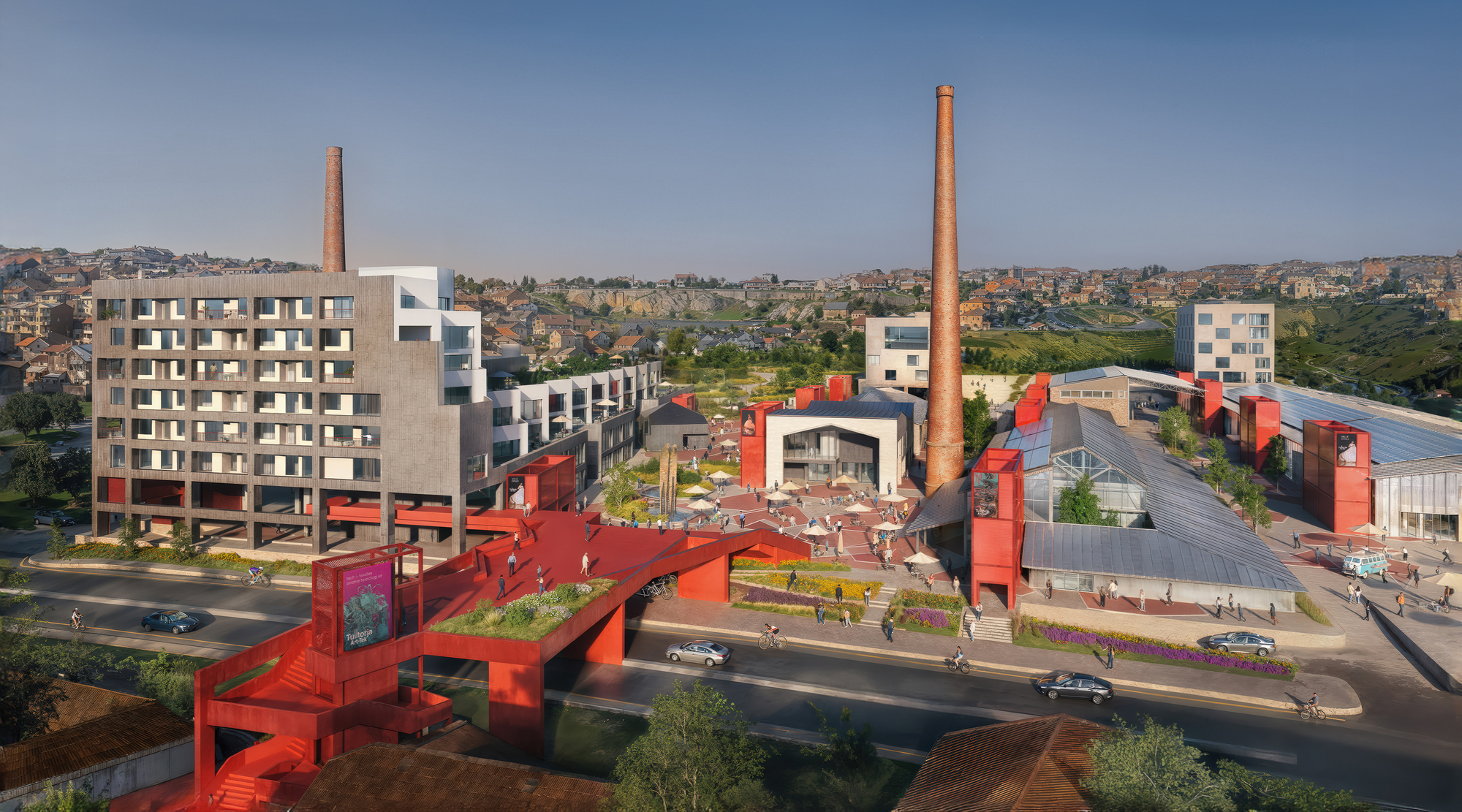
"The Holcim Foundation for Sustainable Construction has announced the Grand Prize Winners of the 2025 Holcim Awards, selecting one project from each global region to represent the most impactful approaches to sustainable design in this cycle. This edition marks the introduction of the Grand Prize format, replacing the previous tiered distinctions to better acknowledge diverse regional contexts and avoid hierarchical rankings. Evaluated by juries chaired by Sou Fujimoto (Asia Pacific), Kjetil Trædal Thorsen (Europe), Sandra Barclay (Latin America), Lina Ghotmeh (Middle East and Africa), and Jeanne Gang (North America), the winning projects reflect the Foundation's principles of holistic, transformational, and transferable design."
"Across the five regions, the 2025 laureates demonstrate diverse approaches to sustainable design, ranging from adaptive reuse and cultural regeneration to climate-resilient public infrastructure and heritage conservation. In Asia Pacific, Form.3 Architects' Old Dhaka Central Jail project integrates historic structures into a dense urban context. Europe's Art-Tek Tulltorja redevelops a former industrial site as an inclusive cultural and technological hub. In Latin America, an elevated school model proposes a pragmatic response to flood-prone conditions. Qalandiya's rehabilitation in the Middle East and Africa applies incremental, community-led restoration strategies, while North America's Moakley Park advances coastal resilience through landscape-based interventions. Together, the winners illustrate the varied ways sustainability is being interpreted across different geographies."
The Holcim Foundation selected five Grand Prize Winners for the 2025 Holcim Awards, one project from each global region, to showcase impactful sustainable design approaches. The Grand Prize format replaces previous tiered distinctions to better acknowledge diverse regional contexts and avoid hierarchical rankings. Regional juries chaired by Sou Fujimoto, Kjetil Trædal Thorsen, Sandra Barclay, Lina Ghotmeh, and Jeanne Gang evaluated entries based on holistic, transformational, and transferable design principles. Winning projects include adaptive reuse and cultural regeneration, an elevated flood-resilient school model, incremental community-led rehabilitation in Qalandiya, and landscape-based coastal resilience interventions at Moakley Park.
#sustainable-design #adaptive-reuse #climate-resilience #heritage-conservation #community-led-restoration
Read at ArchDaily
Unable to calculate read time
Collection
[
|
...
]